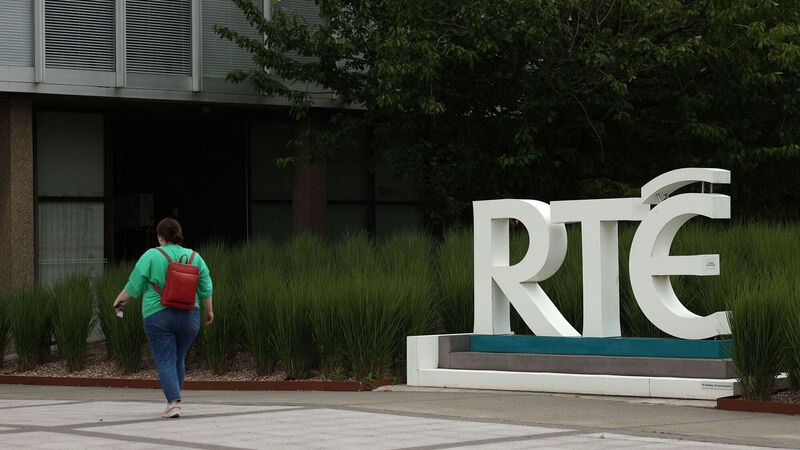RTÉ can expect no more than €16m in additional budget funding

The troubled broadcaster’s new director general Kevin Bakhurst had previously suggested that RTÉ would need €56m in exceptional funding to cover the holes in its balance sheet. Picture: Liam McBurney/PA Wire
Media Minister Catherine Martin says that RTÉ can expect no more than €16m in additional funding in Tuesday’s Budget, with any further funding dependent on receiving a comprehensive future strategy for the broadcaster.
The troubled broadcaster’s new director general Kevin Bakhurst had previously suggested that RTÉ would need €56m in exceptional funding to cover the holes in its balance sheet.














